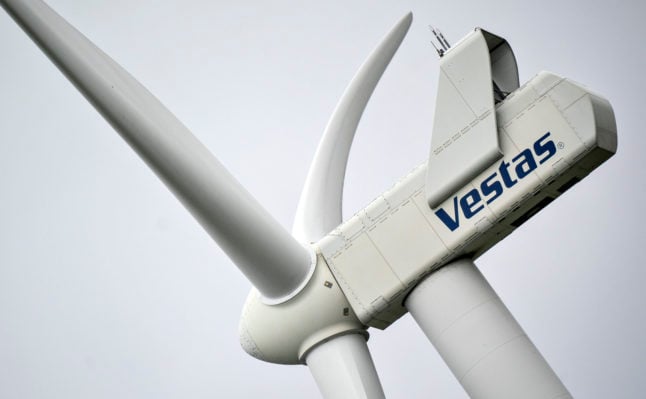The company said that increasing costs of energy and raw materials had contributed to the operating loss, as had high inflation.
“Vestas and the wind industry were ready to provide solutions to address the energy crisis, but were constrained by cost increases, logistical challenges, outdated market designs and permitting processes”, the company said in its annual report.
The annual results show a deficit of just under 12 billion kroner for the year.
Preliminary figures released at the end of last month showed that Vestas had turned over around 108 billion kroner in 2022. As such, costs have dragged the company into an overall loss for the year.
Vestas has been forced to raise the price of its wind turbines to adapt to market conditions, it said.
“The increasing price of wind turbines has been and remains a necessity to account for inflation on operating costs and secure the long-term value creation of the industry,” the company said when it announced its 2022 turnover.
“Our focus to protect the value of our products and solutions needs strict discipline to address the raised costs of raw materials and components in dialogue with customers,” it said.
A reduced level of activity is expected at the company in 2023, while pressure from inflation will still be high. That could have an additional negative impact on profit.
Turnover is predicted to be between 104 and 115 billion kroner in 2023.
A degree of uncertainty must however be attached to that prognosis, Vestas stressed.
“The announced expectations try to take account of the situation and challenges as they appear at this point in time,” it said in the results released on Wednesday.
Vestas’ share price was up 2.7 percent on the Copenhagen stock exchange in mid-morning trading, in a market up by 0.8 percent overall.
The wind turbine maker employs around 29,000 people globally including 5,900 in Denmark.



 Please whitelist us to continue reading.
Please whitelist us to continue reading.
Member comments